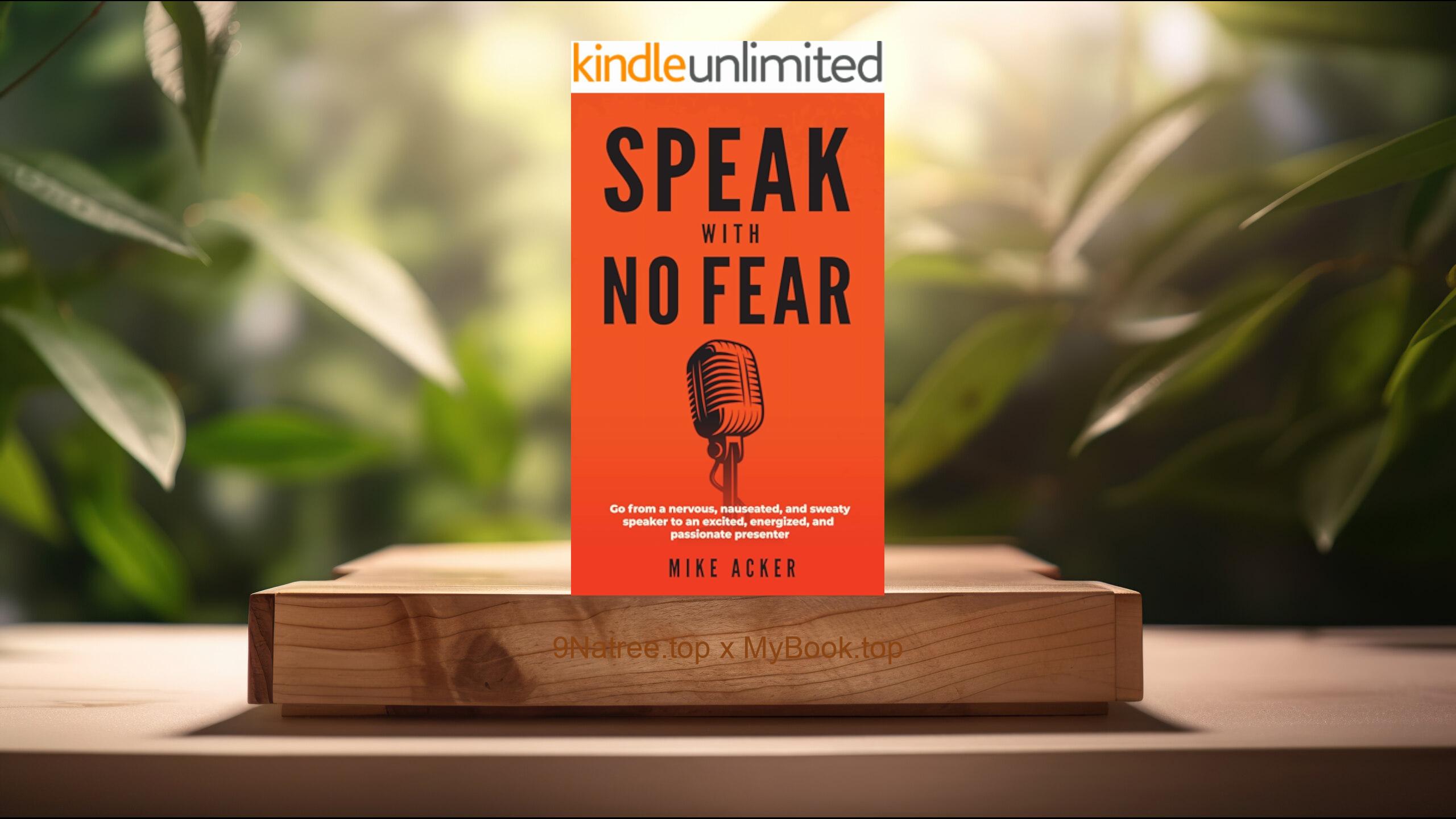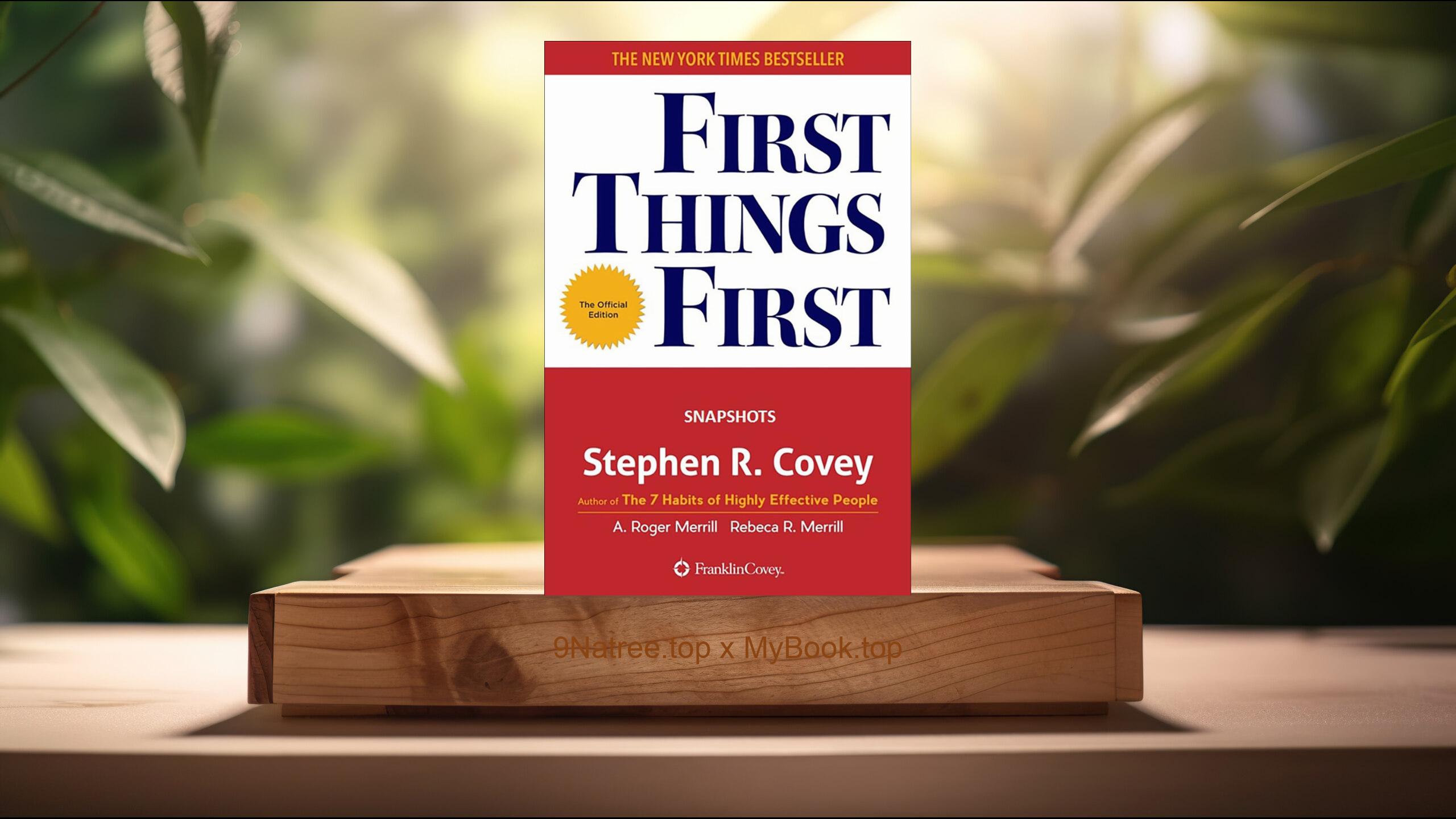Show Notes
- Amazon US Store: https://www.amazon.com/dp/B0B3HRFH98?tag=9natree-20
- Amazon Worldwide Store: https://global.buys.trade/Sensitive-Jenn-Granneman.html
- Apple Books: https://books.apple.com/us/audiobook/sensitive-the-hidden-power-of-the-highly-sensitive/id1632350338?itsct=books_box_link&itscg=30200&ls=1&at=1001l3bAw&ct=9natree
- eBay: https://www.ebay.com/sch/i.html?_nkw=Sensitive+Jenn+Granneman+&mkcid=1&mkrid=711-53200-19255-0&siteid=0&campid=5339060787&customid=9natree&toolid=10001&mkevt=1
- Read more: https://mybook.top/read/B0B3HRFH98/
#HighlySensitivePerson #EmotionalIntelligence #SelfCareStrategies #EmpathyandLeadership #ThrivingasanHSP #Sensitive
These are takeaways from this book.
Firstly, Understanding High Sensitivity, High sensitivity is a personality trait characterized by a deep processing of sensory information, emotional profundity, high empathy, and an increased sensitivity to stimuli. Granneman explains that this trait, affecting 15-20% of the population, is not a disorder but a valuable attribute. Through scientific research and personal anecdotes, the author demystifies the concept of high sensitivity, delineating how it impacts everything from relationships to career choices. She also discusses the biological and psychological basis of sensitivity, helping readers to understand why they may feel out of step in a society that often prioritizes assertiveness and extroversion.
Secondly, Challenges in a Fast-Paced World, The book discusses the myriad challenges HSPs face in a world that can seem loud, fast, and unrelentingly stressful. From workplace dynamics to social gatherings, HSPs often grapple with overstimulation and burnout. Granneman delves into how societal expectations of constant connectivity and productivity can be particularly taxing for sensitive individuals. She offers insight into the internal struggles of HSPs—like the constant battle between the need for social engagement and the necessity for solitude to recharge, and the dilemma of pursuing authenticity in a world that may not understand their needs.
Thirdly, Strategies for Thriving, One of the book's most empowering aspects is its focus on strategies that help HSPs not only survive but thrive in their personal and professional lives. Granneman provides practical advice on setting boundaries, developing emotional resilience, and leveraging sensitivity as a strength. Topics such as mindfulness, self-care routines, and creating supportive environments—both at home and work—are explored in depth. The author emphasizes the importance of embracing one’s sensitivity, advocating for self-understanding and acceptance as the foundation for a fulfilling life.
Fourthly, The Power of Empathy, At the heart of high sensitivity lies a profound capacity for empathy, which Granneman heralds as one of the most powerful assets HSPs possess. She explores how sensitivity enriches relationships, fosters deep connections, and enables highly sensitive people to be compassionate leaders, creatives, and caregivers. The book provides examples of how empathy can be a catalyst for change, influencing social dynamics, workplace culture, and community engagement. Through embracing their empathetic nature, HSPs can effect positive changes not only in their immediate surroundings but also in broader societal contexts.
Lastly, Reframing Sensitivity in Society, Granneman makes a compelling case for the societal reevaluation of sensitivity. By highlighting the achievements and contributions of HSPs across various fields, she challenges the stigma that sensitivity is synonymous with weakness. The book argues for a broader understanding and appreciation of sensitivity as an asset that fosters creativity, intuition, and a deeper engagement with the world. It calls for environments that acknowledge and support the needs of highly sensitive individuals, advocating for policies and practices that facilitate their well-being and success.
![[Review] Sensitive (Jenn Granneman) Summarized](https://episodes.castos.com/660078c6833215-59505987/images/1849380/c1a-085k3-ok34z4jkcwq7-afoox9.jpg)




